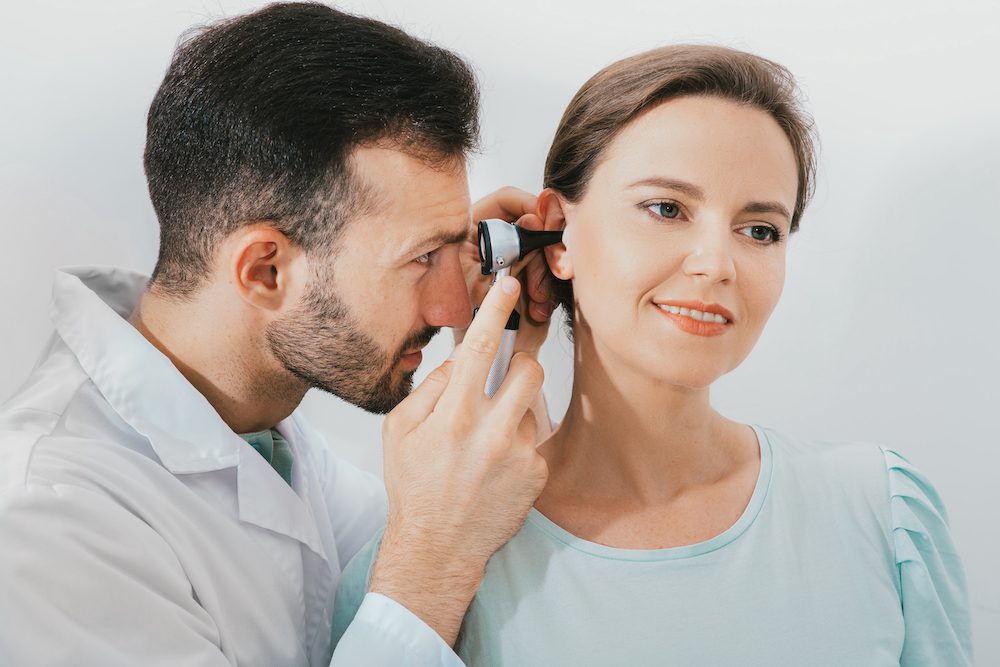How to Create a Hearing-Friendly Home Environment
Your home is where you spend a significant portion of your time, and it


Your home is where you spend a significant portion of your time, and it

Walking into a hearing clinic for the first time can feel like entering

The hearing aid technology available today is vastly different from what